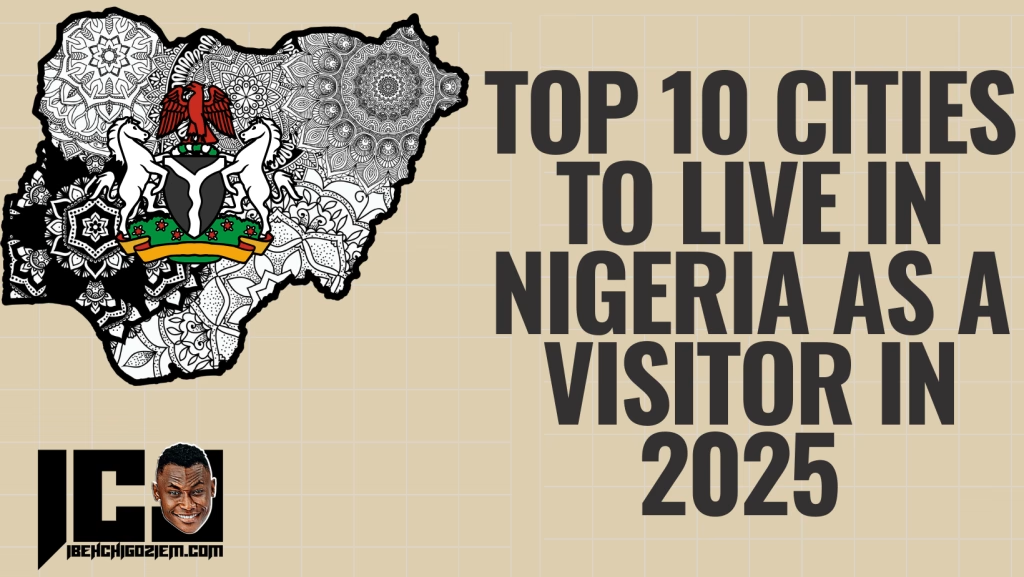Top 10 Cities To Live In Nigeria As A Visitor In 2025
Nigeria, in West Africa, is often referred to as the “Giant of Africa” due to its large population, significant economic potential, and rich cultural heritage.
Life in Nigeria is as dynamic as its people and geography. From the bustling cities like Lagos and Abuja to the serene landscapes of Calabar and Jos, life is shaped by a complex interplay of hospitality, tourist attractions, available amenities, and security challenges. Each of these factors contributes significantly to the daily experience of residents and visitors alike.
Brief History of Nigeria
Nigeria, located in West Africa, is the most populous country on the African continent. Its history spans thousands of years, with evidence of human habitation dating back to prehistoric times.
Before colonial rule, the area now known as Nigeria was home to various advanced civilisations and kingdoms.
One of the earliest known civilisations was the Nok culture (circa 1000 BCE CE), famous for its terracotta sculptures and early use of iron.
Later, the region witnessed the rise of powerful kingdoms, including the Kanem-Bornu Empire in the northeast, the Hausa city-states in the north, the Oyo Empire and the Benin Kingdom in the southwest, and the Igbo societies in the southeast.
These entities had complex political systems, economies based on agriculture and trade, and rich cultural traditions.
By the 15th century, European contact began, primarily through the Portuguese.
Trade between Europeans and coastal Nigerian communities initially centred on goods like palm oil, ivory, and spices.
However, the transatlantic slave trade quickly took over, destroying many African societies.
Millions of Africans were forcibly taken to the Americas, and Nigerian regions were heavily affected.
In the 19th century, the British increased their presence through both trade and military force. Britain took control of the region after a series of treaties and conquests. In 1914, the British merged the Northern and Southern Protectorates and the Colony of Lagos into a single entity called Nigeria.
During colonial rule, the British governed through a system of indirect rule, especially in the north, relying on existing traditional rulers. This created administrative divisions that would later fuel ethnic and regional tensions.
Despite this, a sense of Nigerian nationalism began to grow in the early 20th century, driven by educated elites and labor unions.
After World War II, the push for independence gained momentum. Popular personalities like Nnamdi Azikiwe, Obafemi Awolowo, and Ahmadu Bello led political movements advocating for self-rule. On October 1, 1960, Nigeria gained independence from Britain, with Azikiwe becoming the country’s first president in 1963 when it became a republic.
Post-independence Nigeria faced serious challenges. In 1966, a military coup led to a series of counter-coups and widespread unrest. Ethnic tensions culminated in the Nigerian Civil War (1967–1970), also known as the Biafran War, when the southeastern region attempted to secede.
Over a million people died, mostly from famine and disease.
After the war, Nigeria experienced alternating periods of military and civilian rule. Military regimes dominated until 1999, when a return to democracy ushered in the Fourth Republic.
Since then, Nigeria has conducted regular elections; however, issues such as corruption, ethnic conflict, and insurgency—especially from the Boko Haram group in the northeast—continue to persist.
Despite its challenges, Nigeria remains a key player in Africa due to its large population, economic potential, and cultural influence. It is a diverse nation with over 250 ethnic groups and a rich heritage that continues to evolve in the 21st century.
Nigerian values and challenges
Nigeria, the Giant of Africa, is one of the great countries to visit if one has the opportunity in their lifetime. Nigeria is wealthy in values, culture, and tourism.
Generally, life in Nigeria is a complex but fascinating blend of vibrant culture, untapped tourism potential, improving amenities, and evolving security realities.
The hospitality of the people remains a strong pillar of national identity, while the country’s tourism sites reveal a landscape rich in beauty and history.
Although challenges exist in infrastructure and security, the ongoing reforms, innovation, and resilience of the Nigerian people are continuously shaping a nation full of promise. For visitors and citizens alike, Nigeria offers an experience that is both challenging and uniquely rewarding.
The country is also hospitable; taking from its local foods and drinks, the country is not racist, hence it opens her hands to different people from all over the world.
Nigeria also has a very good road connection, making route navigation very easy, though some cities in the country are referred to as busy cities due to their heavy traffic and how populated those cities are.
Giant of Africa also have its challenges as a country. This challenges is mainly in terms of security and the country has being battling this for time long, it is good to mention that this issue of security challenge was not there from the origin of the country but came up due to insurgency in some parties of the country and has stayed for long, however the government of Nigeria is working round the clock to coup the insurgency and make the affected part of the country a safe place again.
Here is the general overview of Nigeria in terms of Hospitality, Tourism, infrastructure, and security.
Hospitality in Nigeria
Hospitality is a deeply ingrained value in Nigerian culture. Regardless of ethnicity or religion, Nigerians are known for their friendliness and generosity toward visitors.
It is common for guests to be welcomed warmly, offered food, and treated with respect and kindness, especially in traditional communities. Family and communal life play a major role, with people showing concern and support for one another.
In both rural and urban settings, hospitality remains a consistent trait. In villages, guests may be invited to share in family meals, participate in local events, and even stay in homes as part of the traditional African extended family system.
In cities, the hospitality industry, including hotels, restaurants, and short-stay apartments, is growing, offering a more commercial form of Nigerian warmth.
International and local hospitality brands thrive in cities like Lagos, Abuja, Port Harcourt, and Enugu, catering to both local elites and foreigners.
Moreover, Nigerian hospitality is reflected in the country’s diverse and flavorful cuisine. Dishes like jollof rice, egusi soup, suya, and pounded yam are not only cultural icons but are also means through which people connect and bond. Food, music, and fashion are important tools of socialisation and are generously shared with guests.
Tourism Attractions
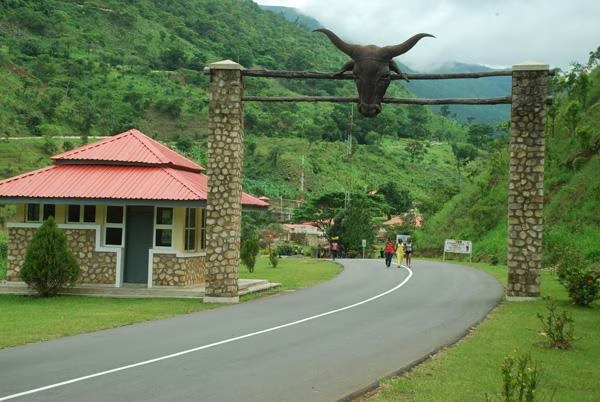
Nigeria boasts a variety of tourism attractions, ranging from natural wonders to cultural landmarks. These destinations highlight the country’s immense potential in the tourism industry.
1. Natural Attractions: Nigeria’s geography provides a rich variety of landscapes. The Obudu Mountain Resort in Cross River State offers a temperate climate, cable cars, and breathtaking views. The Erin Ijesha Waterfalls in Osun State is a popular spot for hikers and nature lovers. Yankari National Park in Bauchi State is known for its wildlife, including elephants and baboons, and its warm spring baths at Ikogosi in Ekiti State, just to mention few.
2. Cultural and Historical Sites: Nigeria has a diverse heritage that is reflected in its festivals, architecture, and historical monuments.
The Osun-Osogbo Sacred Grove, a UNESCO World Heritage Site, is a sacred forest associated with the Yoruba goddess Osun. The Nok Terracotta artefacts and Benin Bronze artworks point to the country’s ancient civilisations and craftsmanship.
3. Urban Attractions: Lagos, the commercial capital, is known for its beaches, nightlife, and art scene. The Nike Art Gallery, Freedom Park, and Lekki Conservation Centre are popular among locals and tourists. Abuja, with its modern architecture like the Nigerian National Mosque and Millennium Park, offers a contrasting experience to the traditional culture of other regions.
Despite its tourism potential, Nigeria has not fully harnessed the industry due to underinvestment, poor infrastructure, and security concerns. However, private sector involvement and state-level tourism initiatives are gradually improving the situation.
Amenities and Infrastructure
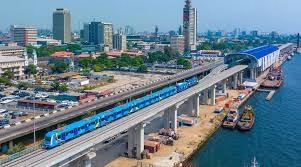
The quality of amenities and infrastructure in Nigeria varies widely between urban and rural areas. In cities like Lagos, Abuja, and Port Harcourt, residents generally have access to modern amenities such as electricity, clean water, healthcare, education, and telecommunications, although these services are not always consistent or affordable.
1. Transportation: Nigeria has an extensive road network, although many roads are poorly maintained. Air travel is well-developed, with major airports in Lagos, Abuja, Kano, and Enugu connecting the country domestically and internationally. Public transport options include buses, taxis, and ride-hailing services, though traffic congestion, especially in Lagos, remains a major issue.
2. Healthcare: Healthcare services are available in both public and private facilities. While private hospitals offer better quality services, they are often expensive. Public hospitals, though more affordable, suffer from underfunding and overcrowding. Access to healthcare in rural areas is still a major challenge.
3. Education: Nigeria has a large number of public and private educational institutions. While public schools are more affordable, they often face challenges such as poor funding, outdated curricula, and inadequate facilities. Private schools, on the other hand, offer better quality education but are mostly accessible to the middle and upper classes.
4. Housing and Utilities: The housing sector is a mix of luxury estates, modest urban housing, and slums. Power supply is unreliable, prompting the widespread use of generators and solar systems. Water and sanitation services are also inconsistent, especially in rural and semi-urban areas.
Despite these challenges, the private sector continues to innovate, with improvements in fintech, telecommunications, and real estate shaping the future of urban living in Nigeria.
Security Situation

Security remains one of Nigeria’s most significant challenges. Issues such as terrorism, banditry, kidnapping, and armed robbery have affected the quality of life and deterred investment in some regions.
1. Terrorism and Insurgency: The Boko Haram insurgency, primarily in the North-East, has displaced millions and resulted in thousands of deaths. Though security forces have made progress in reclaiming territory, sporadic attacks still occur.
2. Banditry and Kidnapping: In the North-West and parts of the Middle Belt, banditry and kidnapping for ransom are rampant. These crimes often target travellers, students, and rural dwellers.
3. Urban Crime: In cities, crimes such as theft, burglary, and fraud are common. However, the presence of security agencies like the police, civil defence, and private security firms has helped in curbing some of these activities.
ALSO, READ Why The KeKe/ MiniBus Business Will Thrive in Nigeria 2025
4. Community Vigilance: Many communities now rely on local vigilante groups to supplement the efforts of formal security agencies. While this has improved neighbourhood safety in some areas, it has also led to issues of extrajudicial actions and abuses.
The Nigerian government continues to invest in security reforms and equipment, but corruption, lack of intelligence coordination, and inadequate welfare for security personnel have slowed progress. Nevertheless, many areas of Nigeria remain peaceful and safe, especially the southern and southwestern regions.
Top 10 Cities To Live In NIGERIA As A Visitor 2025
Nigeria, known as the “Giant of Africa,” offers a rich blend of cultures, climates, and experiences for visitors. Whether you’re staying for a few weeks or a few months, choosing the right city based on safety, comfort, cost, and adventure can greatly enhance your stay.
In 2025, here are the top 10 cities in Nigeria that excel in security, hospitality, amenities, affordability, tourist attractions, weather, and language.
- Uyo (Akwa Ibom State)
- Calabar (Cross River State)
- Enugu (Enugu State)
- Ilorin (Kwara State)
- Abeokuta (Ogun State)
- Jos (Plateau State)
- Ibadan (Oyo State)
- Akure (Ondo State)
- Awka (Anambra State)
- Lokoja (Kogi State)
1. Uyo (Akwa Ibom State)
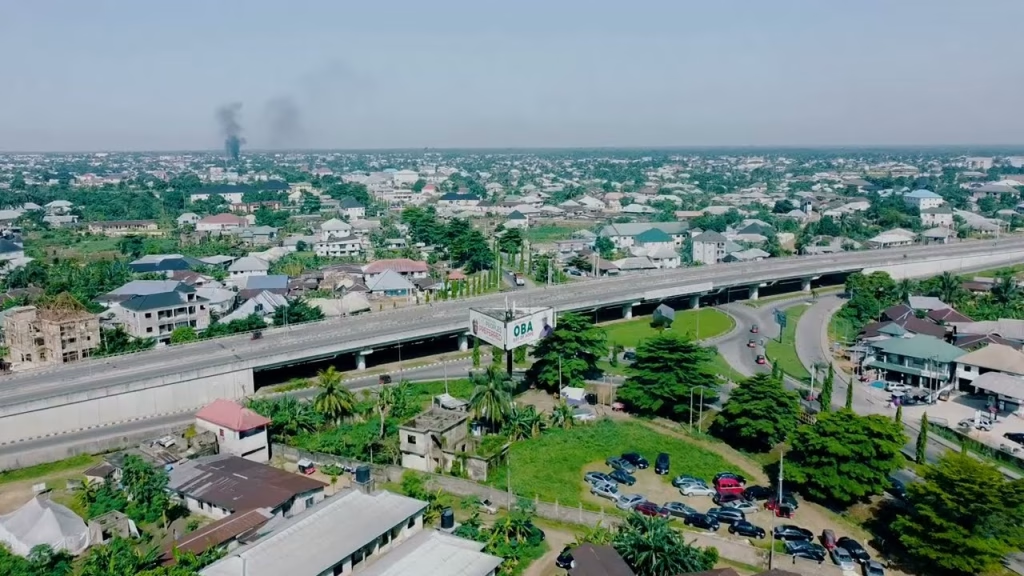
Uyo is the capital city of Akwa Ibom State in southeastern Nigeria. Known for its cleanliness, modern infrastructure, and serene environment, Uyo has grown rapidly since becoming the state capital in 1991.
The city is predominantly inhabited by the Ibibio people and serves as a political, cultural, and commercial hub. Key landmarks include the Godswill Akpabio International Stadium and Ibom Tropicana Entertainment Centre.
Its economy is driven by civil service, commerce, and hospitality, making it one of Nigeria’s most organised and attractive cities in Nigeria.
Uyo is a rapidly developing city known for its cleanliness, peace, and hospitality. The city is organised and relatively quiet, making it ideal for visitors looking for a calm environment.
Security
Uyo is considered one of the safest cities in Nigeria, with low crime rates and a strong community presence.
Hospitality
Akwa Ibom people are known for their warm and friendly nature, making visitors feel at home.
Amenities
The city has good roads, modern hotels, restaurants, and healthcare facilities.
Affordability
The cost of living is moderate, offering great value for accommodations and food.
Tourist Attractions
Ibom Tropicana Entertainment Centre, Ibom Plaza, and beautiful beaches along the coastline.
Weather
Tropical with a fair balance between rainy and dry seasons.
Language
English is widely spoken, with Ibibio as the local language.
2. Calabar (Cross River State)
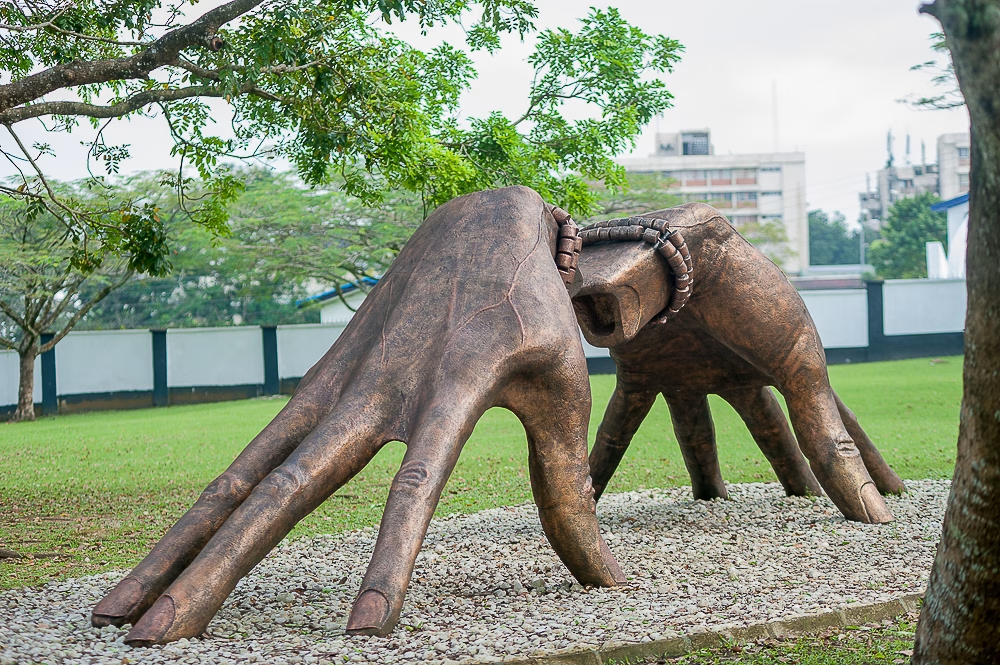
Calabar is the capital of Cross River State in southeastern Nigeria, renowned for its rich history, tourism, and cultural heritage. Once a major slave trade port, Calabar later became the first capital of colonial Nigeria in the early 20th century.
The city is famous for the annual Calabar Carnival, Africa’s biggest street party, attracting tourists from around the world. Calabar features lush landscapes, the Tinapa Business Resort, and access to the Cross River National Park.
Home to the Efik people, it offers a blend of tradition and modernity, with a reputation for hospitality, cuisine, and historic architecture. It is a city that wears its hospitality on its sleeve.
Security
One of Nigeria’s safest cities, especially during major events like the Calabar Carnival.
Hospitality
The people are welcoming and used to receiving visitors from around the world.
Amenities
Top-tier hotels, a functional transport system, and recreational facilities.
Affordability
Moderate; affordable food and transportation with varied lodging options.
Tourist Attractions
Calabar Carnival, Tinapa Resort, Marina Resort, and proximity to Obudu Mountain Resort.
Weather
Humid tropical climate with lush greenery.
Language
English is common; Efik is the native dialect.
3. Enugu (Enugu State)
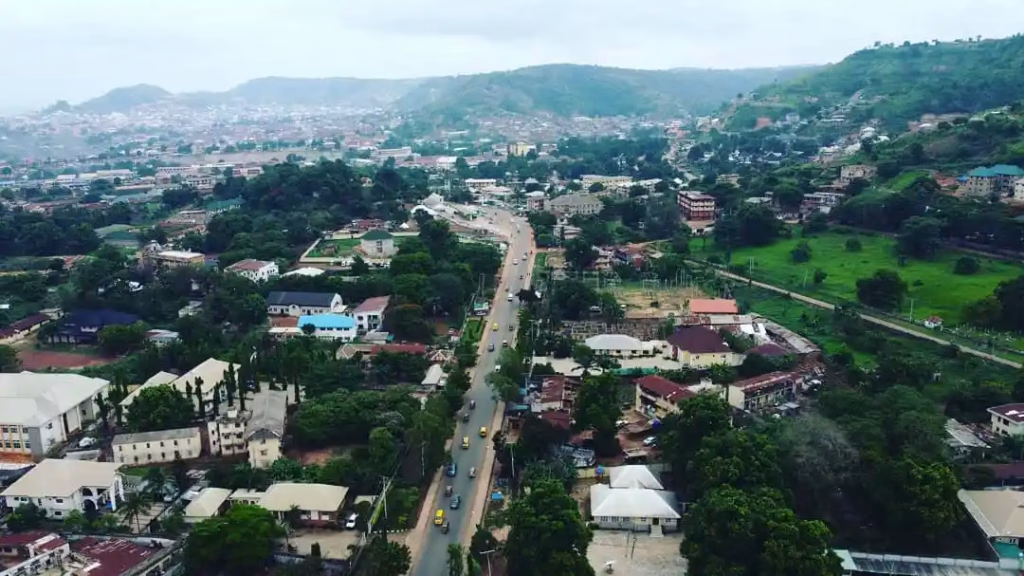
Enugu is the capital of Enugu State in southeastern Nigeria and is often referred to as the “Coal City” due to its historical role as a major coal mining centre during British colonial rule.
It was once the capital of the former Eastern Region and later the short-lived Republic of Biafra. Today, Enugu is a major administrative, commercial, and educational hub in the region. Known for its hilly terrain, pleasant climate, and hospitality, Enugu remains culturally and politically significant.
Security
Generally peaceful with low crime rates compared to major urban centres.
Hospitality
The Igbo culture values community and hospitality, making guests feel welcome.
Amenities
Malls, hospitals, hotels, and a good road network.
Affordability
Very affordable housing and local transportation.
Tourist Attractions
Ngwo Pine Forest, Awhum Waterfall, and historical sites.
Weather
Warm climate with distinct dry and rainy seasons.
Language
English and Igbo.
4. Ilorin (Kwara State)
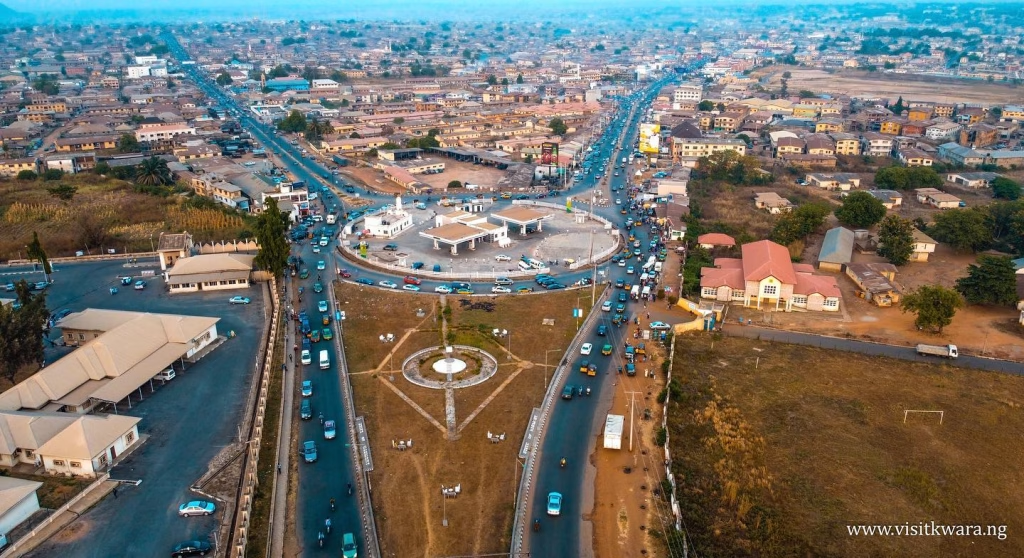
Ilorin, the capital of Kwara State in western Nigeria, is a historic city known for its cultural heritage and Islamic influence. Founded in the 18th century by the Yoruba, it later became a key Fulani emirate.
Today, Ilorin blends tradition and modernity, with vibrant markets, educational institutions. The city is a hub for agriculture and commerce, attracting people from diverse ethnic backgrounds.
Security
One of Nigeria’s most peaceful and orderly cities.
Hospitality
The city is known for its respectful and accommodating residents.
Amenities
Essential amenities are available, and the city is developing steadily.
Affordability
Low cost of living makes it attractive for budget travelers.
Tourist Attractions
Sobi Hill, Owu Falls, and Esie Museum.
Weather
Hot during the dry season; cooler during rains.
Language
English, Yoruba, and Hausa.
5. Abeokuta (Ogun State)
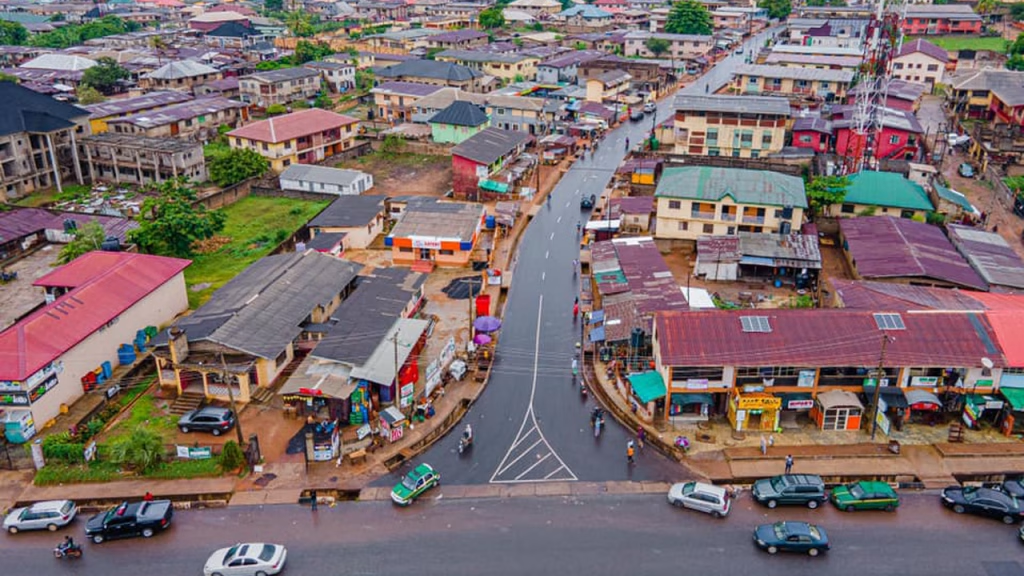
Abeokuta, the capital of Ogun State, is a historic city nestled among rocky hills. Known for the iconic Olumo Rock, it played a vital role in Yoruba history.
The city blends rich cultural heritage with modern development and is a center for education, industry, and traditional crafts in southwestern Nigeria.
Security
Generally safe with a traditional governance structure that supports law and order.
Hospitality
The local culture places a high value on hospitality and respect.
Amenities
Access to Lagos enhances its development, decent healthcare and educational institutions.
Affordability
Reasonably priced housing and services.
Tourist Attractions
Olumo Rock, Centenary Hall, and Adire Market.
Weather
Mostly dry and warm.
Language
English and Yoruba.
6. Jos (Plateau State)
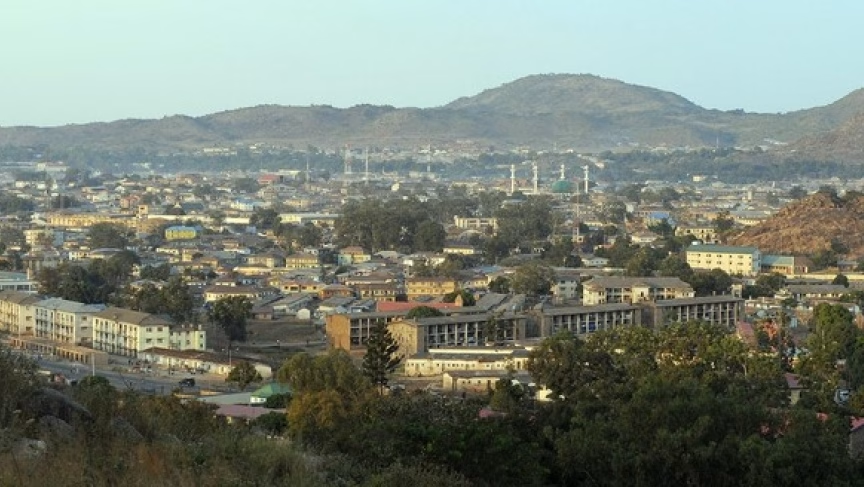
Jos, the capital of Plateau State, is a picturesque city located in Nigeria’s Middle Belt region.
The city is also known for its temperate climate and beautiful landscapes, it sits atop the Jos Plateau at about 1,200 meters above sea level.
Historically, it is a centre for tin mining during colonial times. Jos has evolved into a diverse and vibrant urban centre.
It is home to various ethnic groups and known for its cultural harmony, educational institutions, and tourist attractions such as the Jos Wildlife Park, the National Museum, and the Shere Hills.
The city also serves as an agricultural hub due to its fertile soil and favourable weather.
Jos remains a peaceful and attractive destination, offering a unique blend of tradition, natural beauty, and modern living.
Security
ALSO, READ Top 10 Best Cars To Buy In Nigeria 2025
Once known for unrest, security has improved considerably in recent years. Always check current conditions.
Hospitality
The city is home to many ethnic groups, fostering diversity and acceptance.
Amenities
Educational institutions, hospitals, and leisure spots are well established.
Affordability
Very affordable living and travel costs.
Tourist Attractions
Jos Wildlife Park, Shere Hills, and Riyom Rock.
Weather
Coolest city in Nigeria, very pleasant.
Language
English, Hausa, Berom, and many ethnic languages.
7. Ibadan (Oyo State)
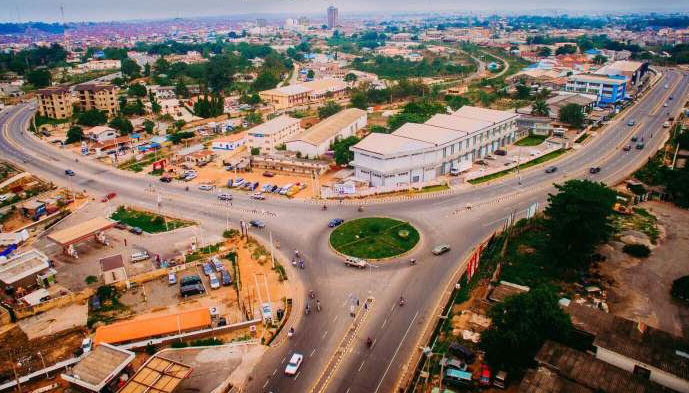
Ibadan, the capital of Oyo State, is one of Nigeria’s largest and oldest cities. Rich in history and culture, it hosts landmarks like Cocoa House and the University of Ibadan.
The ancient city is a major centre for education, commerce, and traditional Yoruba heritage. Ibadan blends urban life with deep-rooted traditions.
Security
Fairly stable with community policing in many areas.
Hospitality
The people are warm and helpful, especially to strangers.
Amenities
Large markets, teaching hospitals, universities, and hotels.
Affordability
One of the cheapest urban centres in terms of rent and food.
Tourist Attractions
Bower’s Tower, Cocoa House, Agodi Gardens.
Weather
Hot and humid, with seasonal rains.
Language
English and Yoruba.
8. Akure (Ondo State)
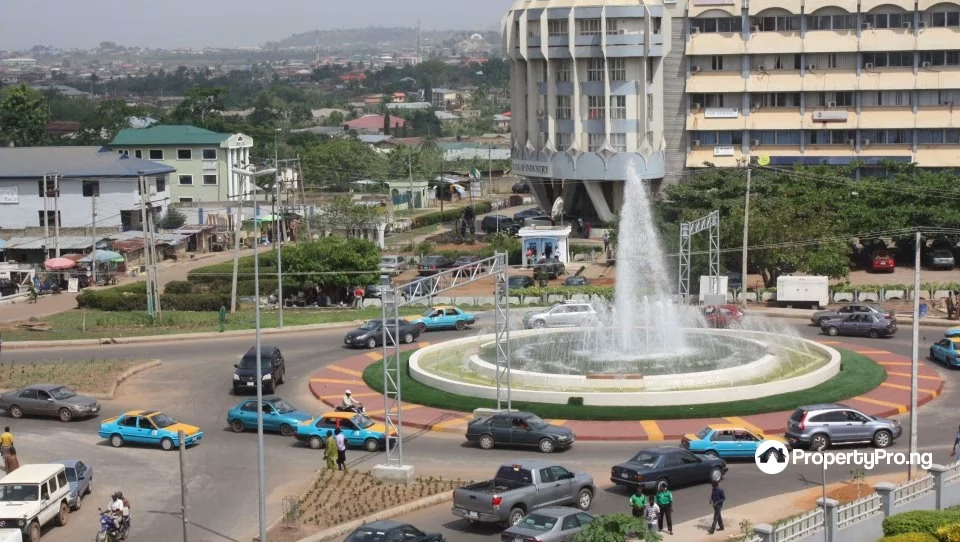
Akure, the capital of Ondo State, is a prominent city in southwestern Nigeria known for its rich cultural heritage and historical significance. Akure retains strong traditional institutions while embracing modernisation.
The city is a hub for agriculture, particularly cocoa production, and hosts several government institutions and educational centres. With landmarks such as the Federal University of Technology and scenic natural attractions, Akure serves as a growing centre of commerce, education, and tourism in the region.
Security
Peaceful city with low crime reports.
Hospitality
Friendly locals and less crowded streets make it easy for visitors to adapt.
Amenities
Gradually modernising, basic urban services are available.
Affordability
Very affordable housing and food.
Tourist Attractions
Idanre Hills, Deji’s Palace, Ebomi Lake.
Weather
Tropical climate with heavy rains during the wet season.
Language
English and Yoruba.
9. Awka (Anambra State)
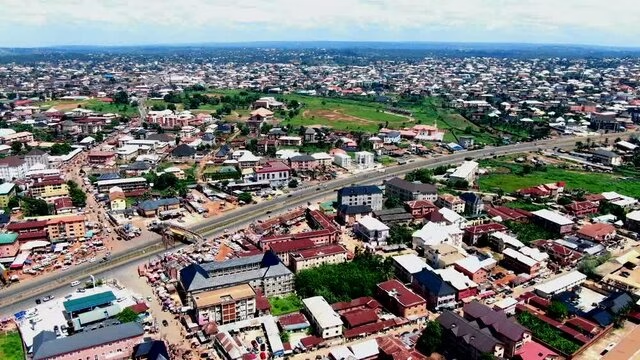
Awka, the capital of Anambra State in southeastern Nigeria, is a historic city with deep Igbo cultural roots. Traditionally known for blacksmithing, Awka has evolved into a center of governance, education, and commerce.
It hosts the Anambra State Government House, Nnamdi Azikiwe University, and various industries. The city blends traditional institutions, such as the revered Igwe leadership, with modern infrastructure and development.
Strategically located, Awka connects major cities like Onitsha and Enugu, making it a growing hub for business and transportation.
Its vibrant culture, festivals, and evolving urban landscape make Awka a significant city in the southeastern region of Nigeria.
Security
Currently stable and improving.
Hospitality
Igbos are naturally warm and open, particularly in the business and hospitality sectors.
Amenities
Modern hotels, fast-developing infrastructure.
Affordability
Affordable accommodations and meals.
Tourist Attractions
Ogbunike Caves, Agulu Lake.
Weather
Tropical; heavy rains in season.
Language
English and Igbo.
10. Lokoja (Kogi State)
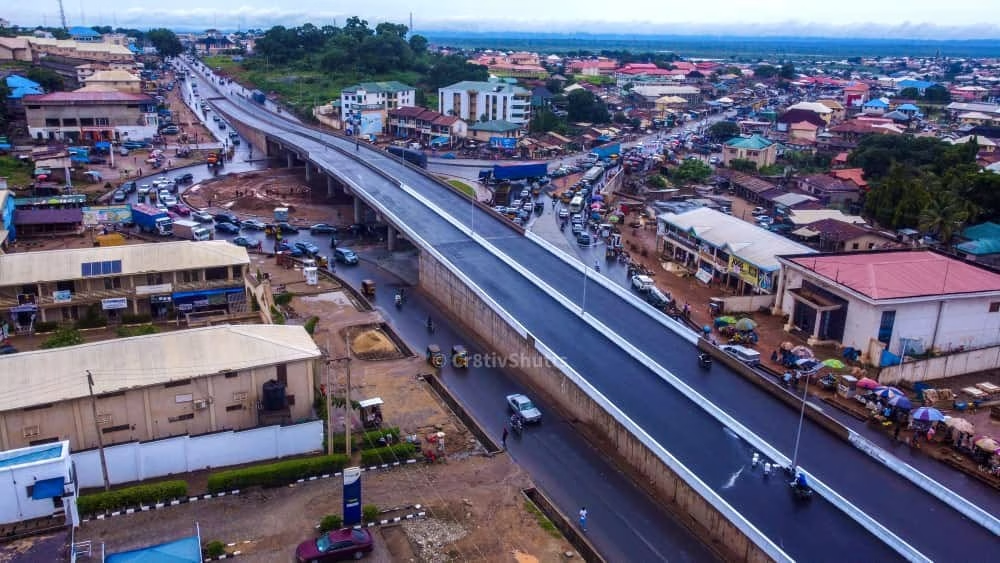
Lokoja, the capital of Kogi State, is a historically significant city located at the confluence of Nigeria’s two major rivers, the Niger and the Benue.
The city is one of the first administrative capitals of modern Nigeria during British colonial rule. Lokoja remains a vital cultural and political centre.
It is home to diverse ethnic groups, including the Nupe, Igala, Ebira, and Bassa, reflecting its rich cultural heritage.
The city is known for its scenic landscapes, with notable landmarks like Mount Patti and the confluence viewpoint attracting tourists.
Lokoja also serves as a gateway between northern and southern Nigeria, making it an important hub for trade and transportation.
With its historical legacy, cultural diversity, and strategic location, Lokoja plays a key role in Nigeria’s social and economic development.
Security
Relatively calm with low crime incidence.
Hospitality
People are conservative but friendly.
Amenities
Basic but functional amenities and proximity to Abuja.
Affordability
Very affordable cost of living.
Tourist Attractions
Confluence of Niger and Benue Rivers, Mount Patti.
Weather
Hot and humid.
Language
English, Igala, Nupe, and Hausa.
Conclusion
Each of these Nigerian cities offers a unique mix of features that can suit different types of visitors. If your priority is cool weather and scenic beauty, Jos is ideal.
For a culturally immersive and safe stay, Enugu and Uyo stand out. For budget-friendly travel with strong local character, Ilorin and Abeokuta are excellent choices.
Before choosing your destination, consider the purpose of your visit, the duration of stay, and any personal preferences.
Overall, Nigeria in 2025 continues to evolve, and these cities represent some of the best it has to offer for visitors looking for a balance of comfort, culture, and adventure.
